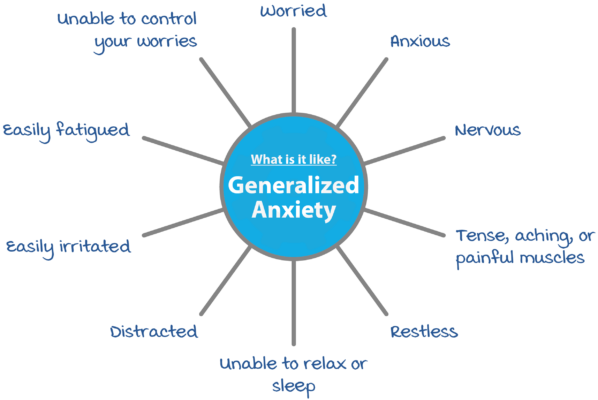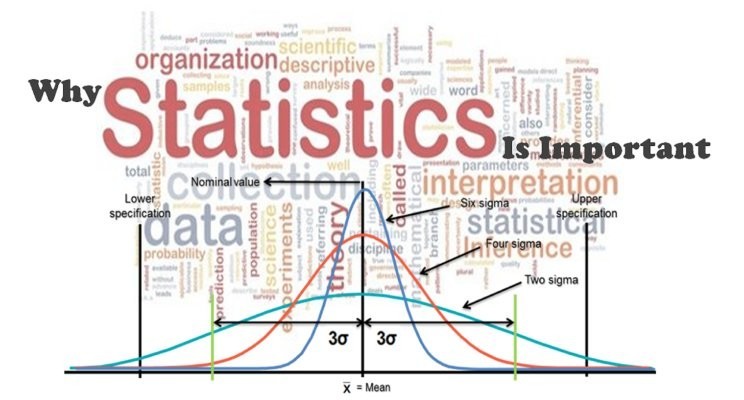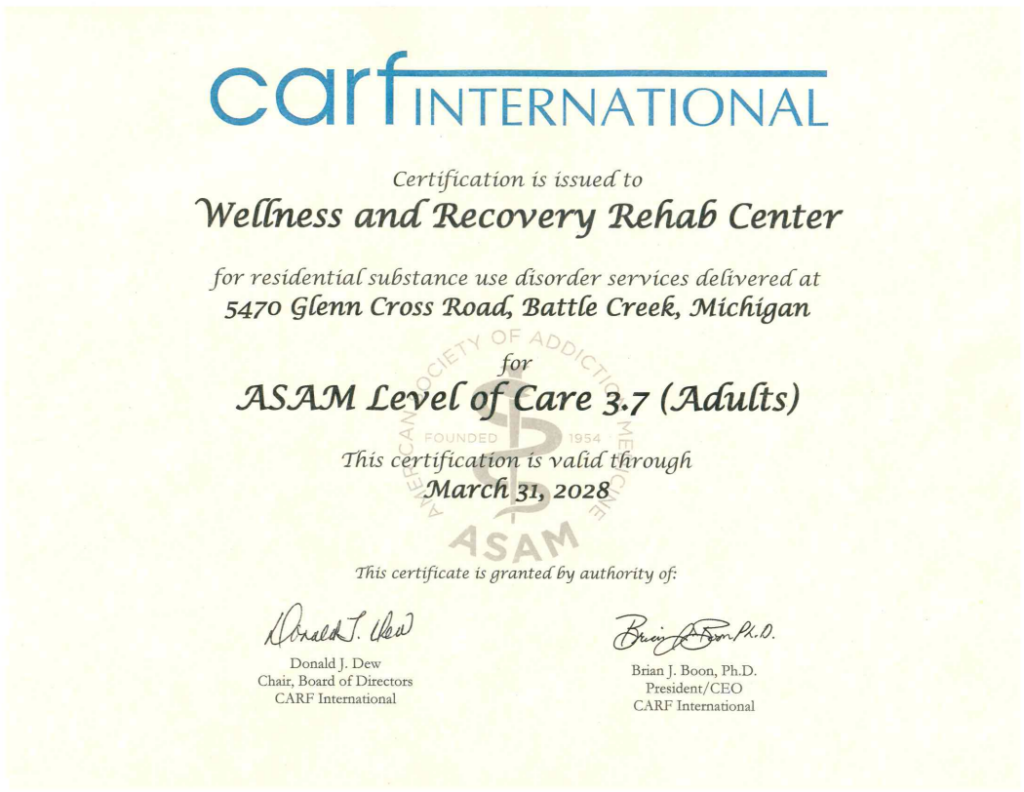
Our Michigan drug rehabs thought it was important to explain generalized anxiety disorder. Generalized Anxiety Disorder (GAD) is a mental health condition characterized by chronic and excessive worry about various aspects of daily life, including work, health, relationships, and routine tasks. Individuals with GAD often find it difficult to control their anxiety, which can persist for months or even years. This disorder affects both physical and mental well-being, manifesting through symptoms such as restlessness, fatigue, difficulty concentrating, irritability, muscle tension, and sleep disturbances.
The exact cause of GAD is not entirely understood, but a combination of genetic, environmental, and psychological factors is believed to contribute. Family history of anxiety and other mental health disorders can increase the likelihood of developing GAD. Life events, particularly those that are stressful or traumatic, play a significant role in triggering or exacerbating the condition. Additionally, imbalances in brain chemistry, particularly involving neurotransmitters like serotonin and dopamine, are often implicated in the development of anxiety disorders.
Michigan Mental Health Centers Provide Comprehensive Evaluations
Our Michigan mental health centers physicians know diagnosis of GAD typically involves a comprehensive evaluation by a mental health professional, who assesses the intensity and duration of anxiety symptoms and rules out other potential causes. It is crucial for the diagnosis that symptoms cause significant distress or impairment in social, occupational, or other important areas of functioning. Cognitive-behavioral therapy (CBT) is a widely used and effective treatment method, helping individuals to identify and challenge distorted thinking patterns and develop healthier coping mechanisms. Medications such as selective serotonin reuptake inhibitors (SSRIs) or benzodiazepines are often prescribed to manage symptoms, particularly in more severe cases.
Living with GAD can be challenging, but with appropriate treatment and support, individuals can lead fulfilling, productive lives. Strategies such as regular physical activity, mindfulness practices, adequate sleep, and a balanced diet can also aid in managing symptoms. Support from family and friends, as well as participation in support groups, can provide crucial emotional assistance, reduce feelings of isolation, and enhance overall well-being.
Statistics of General Anxiety Disorders

- Prevalence: The NIH reports taht Generalized Anxiety Disorder (GAD) affects approximately 6.8 million adults in the United States, which is about 3.1% of the population.
- Gender Disparity: Women are twice as likely to be affected by GAD as men.
- Comorbidity: Around 60% of people with GAD also have one or more other mental health disorders, such as depression or another anxiety disorder.
- Onset: Symptoms of GAD often begin in childhood or adolescence, but can also start in adulthood.
- Chronic Nature: Without treatment, GAD tends to be a chronic condition that can persist over the long term.
- Economic Impact: Anxiety disorders, including GAD, cost the U.S. over $42 billion a year, almost one-third of the country’s total mental health bill.
Anxieties Impact on Daily Life
Our Michigan drug rehabs see the effects of anxiety in our clients everyday. Living with Generalized Anxiety Disorder (GAD) can significantly affect an individual’s daily life and overall quality of life. The persistent and excessive worry associated with GAD can make it challenging to focus on tasks at hand, whether at work, school, or home. This often leads to decreased productivity and performance, contributing to further stress and anxiety.
Social interactions can also be strained, as individuals with GAD may avoid social situations due to fear of judgment or embarrassment. This avoidance can result in social isolation, leading to feelings of loneliness and exacerbating the condition. Furthermore, the physical symptoms of GAD, such as muscle tension, restlessness, and fatigue, can interfere with daily activities, making even simple tasks feel overwhelming.
Sleep disturbances are another common issue, with many individuals experiencing insomnia or poor sleep quality. Lack of adequate rest can compound the emotional and physical toll of GAD, resulting in a vicious cycle of increased anxiety and decreased well-being. Additionally, the constant state of worry can lead to a decreased ability to enjoy life, as individuals find it difficult to relax or engage in activities that they once found pleasurable.
Overall, the pervasive nature of GAD means that without appropriate management, it can significantly hinder an individual’s ability to lead a fulfilling and productive life. However, with the right treatment and coping strategies, it is possible to mitigate these impacts and navigate daily life more effectively.
Michigan Drug Rehabs Staff Explains Impact of Substance Use to Manage GAD

The Michigan drug rehabs staff know individuals struggling with Generalized Anxiety Disorder (GAD) may sometimes turn to alcohol or drugs as a means of managing their anxiety symptoms. This self-medication approach can initially provide temporary relief by numbing feelings of worry and tension. However, the long-term consequences of substance use can be detrimental and often exacerbate the condition.
Alcohol and drugs can interfere with the brain’s natural chemistry, affecting neurotransmitters such as serotonin and dopamine. While these substances might offer short-term relief, they can lead to dependency and addiction, creating additional mental and physical health problems. Over time, reliance on substances to manage anxiety can result in tolerance, requiring higher doses to achieve the same effect, and withdrawal symptoms can further compound the original anxiety.
Furthermore, substance use can impair judgment, increase impulsivity, and lead to risky behaviors that may have serious personal, social, and legal consequences. It can also worsen sleep disturbances, which are already a prevalent issue in individuals with GAD, leading to a downward spiral of deteriorating mental health.
In addition to the direct health risks, using substances to cope with GAD can negatively impact relationships. Loved ones may struggle to understand or support the individual, leading to social strain and isolation, which in turn can increase feelings of loneliness and further exacerbate anxiety symptoms.
Overall, while using alcohol or drugs might seem like a viable short-term solution for managing GAD, it is a counterproductive strategy that ultimately harms more than helps. Seeking proper treatment through therapy, medication, and healthy coping mechanisms is crucial for long-term management and recovery.
General Anxiety Disorders Impact on Relationships
Our Michigan drug rehabs staff knows Generalized Anxiety Disorder (GAD) can have profound effects on relationships, influencing interactions with family, friends, and romantic partners. The persistent worry and stress characteristic of GAD may lead to irritability and emotional instability, which can create tension and misunderstandings in relationships. Individuals with GAD might find it challenging to communicate effectively, often worrying excessively about how their words or actions will be perceived, leading to avoidance of meaningful conversations.
Moreover, the tendency to isolate oneself due to anxiety can strain connections, as friends and family members may feel neglected or pushed away. Loved ones often struggle to understand the complexities of GAD, which can result in frustration and resentment on both sides. The anxious individual might fear being judged or misunderstood, further inhibiting open communication and deepening the sense of isolation.
In romantic relationships, the constant demand for reassurance and the fear of abandonment typical of GAD can be particularly taxing. Partners may feel overwhelmed by the need to provide continuous emotional support and struggle to manage their own needs while catering to the anxious individual’s insecurities. This imbalance can lead to a breakdown in the relationship over time.
Children growing up with a parent experiencing GAD might also be impacted. They may sense the anxiety and worry within the household, leading to their own feelings of uncertainty and stress. Additionally, one partner’s anxiety can influence parenting styles, sometimes resulting in overprotectiveness or inconsistency that can affect the child’s development and emotional well-being.
Overall, the impact of GAD on relationships highlights the importance of seeking appropriate treatment and developing healthy coping strategies. Open communication, education about the disorder, and support from mental health professionals can be pivotal in mitigating these effects and fostering stronger, more understanding relationships.
Seeking Professional Help at Michigan Drug Rehabs and Mental Health Centers

Our Michigan drug rehabs and Michigan mental health centers staff know generalized anxiety disorders are often accompanied with drug and alcohol addiction. Understanding dual diagnosis and the many things that are triggering your addiction is difficult. Reaching out for professional help is a crucial step in managing Generalized Anxiety Disorder (GAD) effectively. Consulting a mental health professional such as a psychologist, psychiatrist, or licensed therapist can provide individuals with the guidance and support necessary to navigate their anxiety. These experts are trained to diagnose and develop personalized treatment plans, which may include evidence-based therapies and medications. Cognitive-behavioral therapy (CBT) is particularly effective, as it helps individuals identify and change negative thought patterns and behaviors contributing to their anxiety.
In some cases, medications like selective serotonin reuptake inhibitors (SSRIs) or benzodiazepines may be prescribed to manage severe symptoms. Additionally, mental health professionals can offer resources and referrals for support groups, which provide a sense of community and shared understanding. By seeking professional help, individuals gain access to a wealth of knowledge and tools that can significantly improve their quality of life and ability to manage GAD. Overall, seeking support from mental health professionals is a crucial step in the journey towards managing and recovering from GAD. So, it is essential to break the stigma surrounding mental health and reach out for help when needed. Remember that it takes courage to ask for help and seeking support is a sign of strength, not weakness. Call our Michigan drug rehabs and Michigan mental health centers now at (269) 547-2120. We accept some health insurances and can get you in today.



